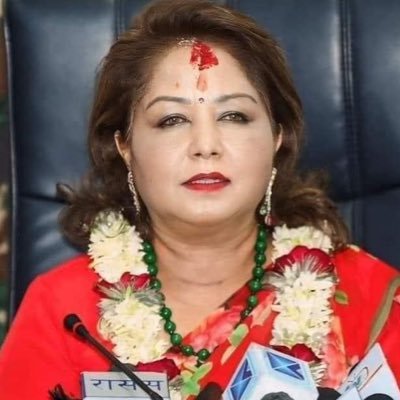

 23.3°C काठमाडौं
23.3°C काठमाडौं

Kathmandu: Minister for Foreign Affairs Dr. Arzu Rana Deuba has said that the current achievements in the field of women’s rights and empowerment in Nepal have been gained through the relentless struggles of Nepali women themselves.
Inaugurating a seminar on “Past, Present and Future Role of Nepal Women’s Association” organised by the Nepal Women’s Association in Kathmandu today, Minister Dr. Rana said, “Many achievements have been made in the field of women’s rights. Women have also obtained important constitutional rights. That is the achievement of the struggle of all Nepali women.”
She noted that women actively participated in all major political movements, from the 2007 BS revolution to the establishment of the republic.
She stressed that Nepal’s Constitution guarantees at least 33 percent women’s representation in the federal and provincial parliaments and 40 percent at the local level, which is positive. However, she said women themselves must continue to safeguard these achievements and work to make the legal guarantees meaningful in practice.
Sharing her personal experience, Dr. Rana said politics remains difficult for women due to entrenched patriarchal attitudes. She urged women to support and empower one another, adding that challenges for women in politics are not limited to Nepal but are faced globally.
At a separate event in Kathmandu, Minister Rana released the Civil Society Report of Beijing Plus Thirty, organised by UN Women. Reflecting on the landmark Fourth World Conference on Women held in Beijing in 1995, she recalled her active participation and said the commitments made then laid the foundation for constitutional and legal rights now secured by Nepali women, including reproductive health rights.
At the same time, Dr. Rana underlined that despite significant progress, much remains to be done. “Women and girls here still face challenges in areas such as economic participation, education, health, employment, and equal access to justice. We need to think about this too, and the government and civil society must unite and move forward to address them,” she said.